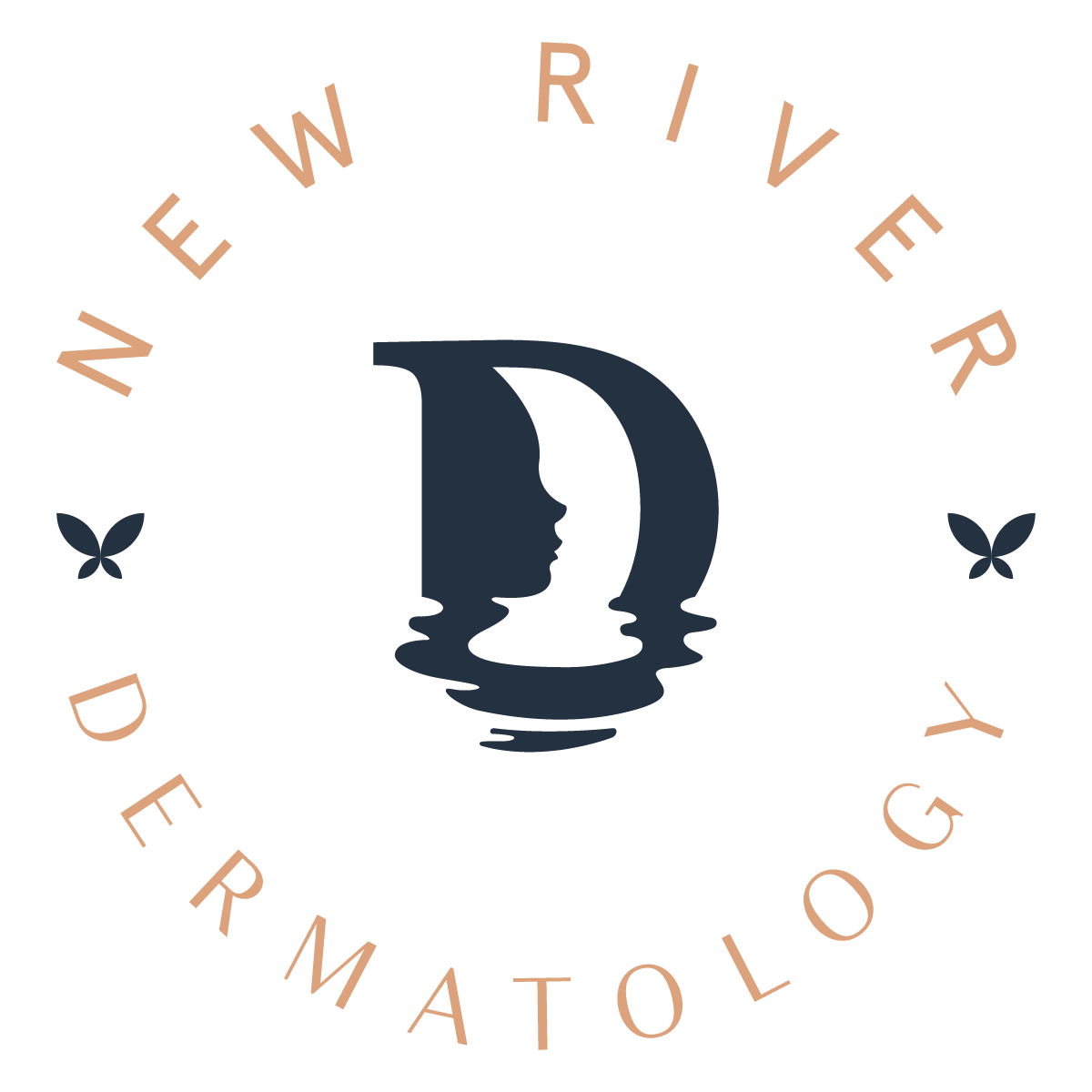Three Dermatologist Approved Acne Treatments
Zits, pimples, breakouts, spots- whatever you call it, acne can be confusing and frustrating. Not all skin imperfections are created equal, making the path to clearer skin even more puzzling. Today, we’re sorting through the jargon and misinformation associated with acne, and sharing three dermatologist approved acne treatments.
Defining the Various Forms of Acne:
Before we spill our best-kept acne treatment secrets, we first need to define what acne is and what it is not. Acne is actually an umbrella term for skin blemishes. There are two main types of acne: inflammatory and non-inflammatory. Inflammatory acne usually swells, is painful, and is prone to scarring: pustules (commonly known as “pimples”), papules, nodules, and cysts are all classified as inflammatory acne. Non-inflammatory pimples do not tend to scar, nor swell or cause pain: blackheads and whiteheads are both non-inflammatory.
Although they may look different, pimples, blackheads, and whiteheads are all a result of clogged pores. If a pore is completely clogged and closed at the surface, it is a white head. Blackheads, on the other hand, occur when the pore is only partially clogged. The black color comes from the open pore’s reaction to oxygen in the air. A pimple is generally formed when a blackhead or whitehead becomes inflamed.
Now that we understand a bit more about acne, let’s talk about treatments:
Three Dermatologist Approved Acne Treatments:
1) Check Your Diet
You may have heard the buzz that dairy and high glycemic foods intensify acne because they spike your blood pressure quickly. We may not be able to directly treat acne with proper nutrition, but altering your diet to include high protein, low-glycemic carbohydrates and healthy fats can be beneficial. We suggest keeping a food journal to document what you’re eating, and how your skin feels. After a few weeks, check back and see if you’re feeling and seeing a difference in your skin.
2) Probiotics, Probiotics, Probiotics
Everything in our bodies is connected, and just as our diets can affect our skin, our gut bacteria can have an impact, too. Probiotics strengthen your immune system, change your body’s microbiome, and cultivate healthy gut flora and good bacteria (yes, there is such a thing as good bacteria!). This, in turn, reduces inflammation, removes unwanted toxins from the body, and helps guard against breakouts. A healthy gut means healthy skin.
Further, if you are currently taking, or have taken, oral antibiotics to treat your acne, probiotics are your best friend. Oral antibiotics kill bacteria in your system, good and bad. Probiotics have this incredible benefit of replacing the good bacteria that live in your gut. You can increase your probiotic intake with oral probiotic, or consuming yogurt or kombucha. Learn more about probiotic-rich foods.
3) Topical Treatments
Along with incorporating an anti-inflammatory diet and probiotics into your daily routine, topical treatments are another great place to start. We suggest looking for products that are formulated with salicylic acid. Salicylic acid is a beta hydroxy acid, meaning it is amazing at treating pimples and exfoliating skin. Although salicylic acid is safe to use, we highly recommend ensuring you have a balanced acne regime. No matter your skin type, you need to use a moisturizer morning and night; look for oil-free if you’re struggling with breakouts.
Struggling with acne? Make an appointment today to meet with one of the talented members of our team. New River Dermatology will work with you to find the best treatment plan for you.

